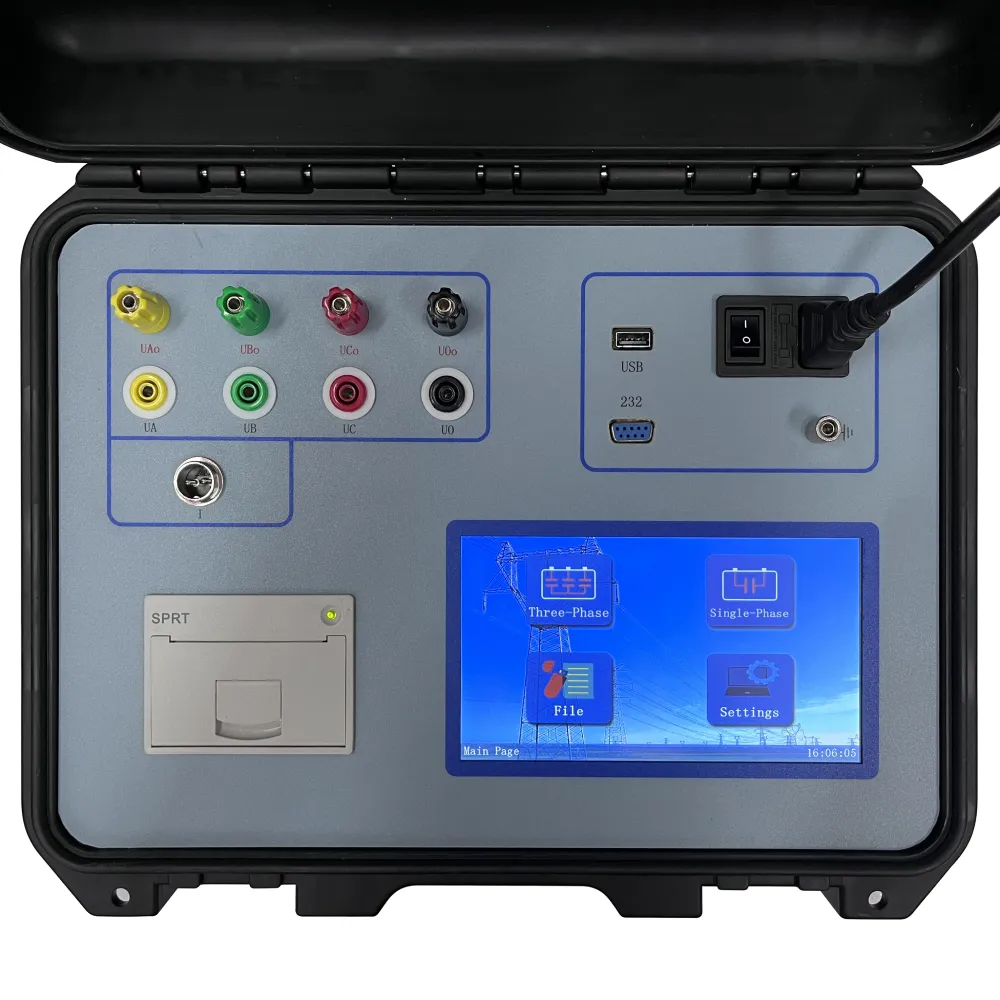 English
English



-
 Afrikaans
Afrikaans -
 Albanian
Albanian -
 Amharic
Amharic -
 Arabic
Arabic -
 Armenian
Armenian -
 Azerbaijani
Azerbaijani -
 Basque
Basque -
 Belarusian
Belarusian -
 Bengali
Bengali -
 Bosnian
Bosnian -
 Bulgarian
Bulgarian -
 Catalan
Catalan -
 Cebuano
Cebuano -
 China
China -
 China (Taiwan)
China (Taiwan) -
 Corsican
Corsican -
 Croatian
Croatian -
 Czech
Czech -
 Danish
Danish -
 Dutch
Dutch -
 English
English -
 Esperanto
Esperanto -
 Estonian
Estonian -
 Finnish
Finnish -
 French
French -
 Frisian
Frisian -
 Galician
Galician -
 Georgian
Georgian -
 German
German -
 Greek
Greek -
 Gujarati
Gujarati -
 Haitian Creole
Haitian Creole -
 hausa
hausa -
 hawaiian
hawaiian -
 Hebrew
Hebrew -
 Hindi
Hindi -
 Miao
Miao -
 Hungarian
Hungarian -
 Icelandic
Icelandic -
 igbo
igbo -
 Indonesian
Indonesian -
 irish
irish -
 Italian
Italian -
 Japanese
Japanese -
 Javanese
Javanese -
 Kannada
Kannada -
 kazakh
kazakh -
 Khmer
Khmer -
 Rwandese
Rwandese -
 Korean
Korean -
 Kurdish
Kurdish -
 Kyrgyz
Kyrgyz -
 Lao
Lao -
 Latin
Latin -
 Latvian
Latvian -
 Lithuanian
Lithuanian -
 Luxembourgish
Luxembourgish -
 Macedonian
Macedonian -
 Malgashi
Malgashi -
 Malay
Malay -
 Malayalam
Malayalam -
 Maltese
Maltese -
 Maori
Maori -
 Marathi
Marathi -
 Mongolian
Mongolian -
 Myanmar
Myanmar -
 Nepali
Nepali -
 Norwegian
Norwegian -
 Norwegian
Norwegian -
 Occitan
Occitan -
 Pashto
Pashto -
 Persian
Persian -
 Polish
Polish -
 Portuguese
Portuguese -
 Punjabi
Punjabi -
 Romanian
Romanian -
 Russian
Russian -
 Samoan
Samoan -
 Scottish Gaelic
Scottish Gaelic -
 Serbian
Serbian -
 Sesotho
Sesotho -
 Shona
Shona -
 Sindhi
Sindhi -
 Sinhala
Sinhala -
 Slovak
Slovak -
 Slovenian
Slovenian -
 Somali
Somali -
 Spanish
Spanish -
 Sundanese
Sundanese -
 Swahili
Swahili -
 Swedish
Swedish -
 Tagalog
Tagalog -
 Tajik
Tajik -
 Tamil
Tamil -
 Tatar
Tatar -
 Telugu
Telugu -
 Thai
Thai -
 Turkish
Turkish -
 Turkmen
Turkmen -
 Ukrainian
Ukrainian -
 Urdu
Urdu -
 Uighur
Uighur -
 Uzbek
Uzbek -
 Vietnamese
Vietnamese -
 Welsh
Welsh -
 Bantu
Bantu -
 Yiddish
Yiddish -
 Yoruba
Yoruba -
 Zulu
Zulu
Automated Titration Techniques for Enhanced Analytical Precision and Efficiency
Understanding the Auto Titrator Revolutionizing Analytical Chemistry
The field of analytical chemistry has seen significant advancements over the years, with researchers and laboratories continuously striving for greater accuracy, efficiency, and ease of use. One of the most transformative innovations in this domain is the auto titrator, a device that has greatly enhanced the process of titration, a fundamental quantitative analytical technique. This article aims to provide an overview of auto titrators, their workings, advantages, applications, and their impact on the field of chemistry.
What is an Auto Titrator?
An auto titrator is an automated device designed to perform titrations with minimal human intervention. Traditional titration methods require manual addition of titrant to the analyte solution until the endpoint of the reaction is reached. This process can be time-consuming and susceptible to human error. Auto titrators eliminate these drawbacks by using sophisticated electronic components, including sensors, pumps, and software algorithms, to accurately dispense titrant and detect the endpoint of the reaction.
How Does an Auto Titrator Work?
Auto titrators operate on a few fundamental steps. Firstly, the operator prepares the sample solution and fills the titrant reservoir. The device then employs a motorized pump to precisely add the titrant to the analyte solution at a controlled rate. As the titrant is added, the auto titrator monitors the chemical reaction through various sensors—often pH sensors, conductivity sensors, or specific ion electrodes.
Once the reaction nears completion, the auto titrator utilizes sophisticated algorithms to determine the exact endpoint
. This is typically represented by a sharp change in a measured parameter, such as pH or electric potential. Upon detecting this shift, the instrument automatically stops the titration and provides a readout of the concentration of the analyte.Advantages of Auto Titrators
1. Increased Accuracy Auto titrators provide precise control over the titrant dispensing process, ensuring that results are less influenced by human variability.
auto titrator

2. Enhanced Efficiency The automation of titration saves significant time, allowing researchers and technicians to analyze multiple samples in a shorter period.
3. Data Management Most auto titrators come equipped with software that facilitates data logging, management, and analysis, which streamlines the reporting process.
4. Sophisticated End Point Detection Advanced sensors can detect endpoints with remarkable precision, allowing for the determination of analyte concentrations with high reliability.
5. Reduced Labor By automating the titration process, laboratories can minimize the number of personnel required to perform routine analyses, freeing up staff for more complex tasks.
Applications of Auto Titrators
Auto titrators have a broad array of applications across various industries. In pharmaceuticals, they are used for assay development and quality control, ensuring that drug formulations meet stringent safety and efficacy standards. In environmental testing, auto titrators help monitor water quality by determining the concentration of pollutants and harmful substances.
Additionally, food and beverage manufacturers utilize auto titration in quality assurance processes to assess acidity levels, sugar content, and other critical parameters. The petrochemical industry also benefits from auto titration for the analysis of fuel characteristics and the detection of contaminants.
Conclusion
The innovation of auto titrators marks a significant leap forward in the realm of analytical chemistry. By enhancing precision, efficiency, and data management capabilities, these instruments are redefining how titrations are conducted across diverse fields. As technology continues to evolve, one can anticipate further advancements in auto titration that will only enhance its applicability and effectiveness in scientific research and industrial processes. Indeed, the auto titrator is not just a tool; it is a catalyst for improved analytical practices, pushing the boundaries of what is possible in chemical analysis.
-
Testing Equipment Industry Sees Major Advancements in 2025: Smart & Precision Technologies Lead the WayNewsJun.06,2025
-
Applications of Direct Current Generators in Renewable Energy SystemsNewsJun.05,2025
-
Hipot Tester Calibration and Accuracy GuidelinesNewsJun.05,2025
-
Digital Circuit Breaker Analyzer Features and BenefitsNewsJun.05,2025
-
Benefits of Real-Time Power Quality Monitoring Devices for Industrial EfficiencyNewsJun.05,2025
-
Earth Fault Loop Testing in High-Rise Building Electrical SystemsNewsJun.05,2025



